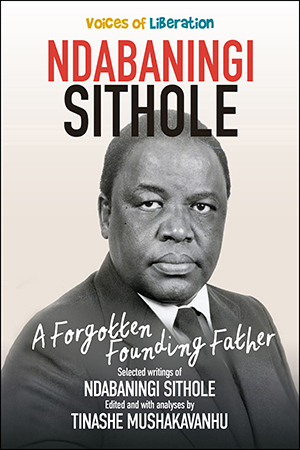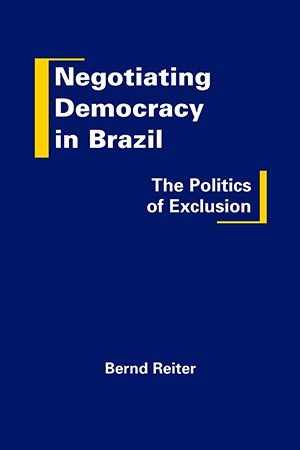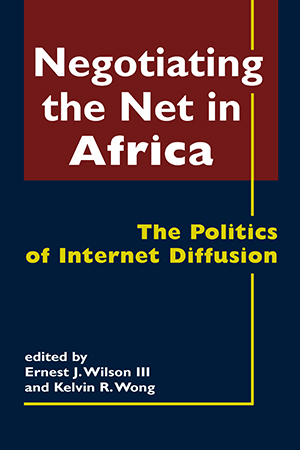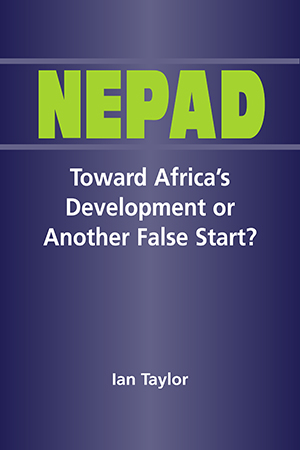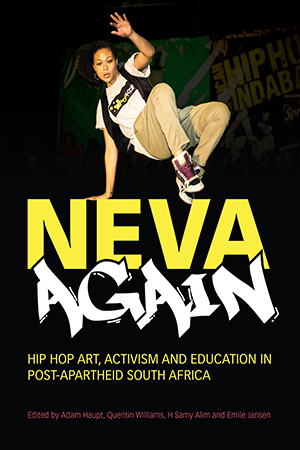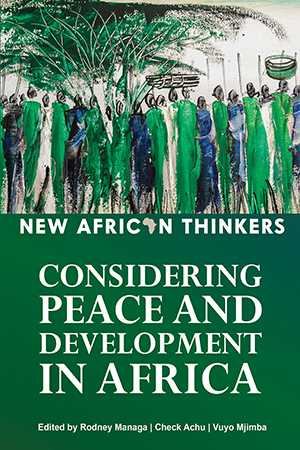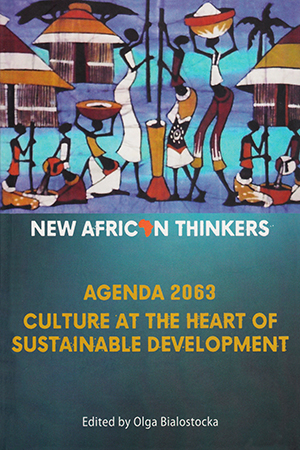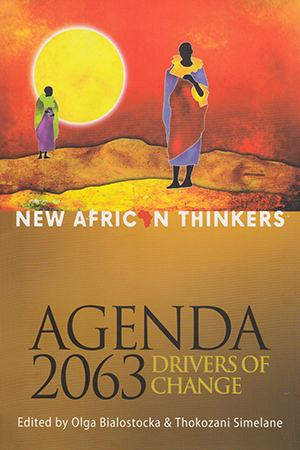BOOKS
Seismic shifts in Zimbabwe's politics since the 2017 demise of Robert Mugabe have generated renewed interest in Ndabaningi Sithole, the first president of the Zimbabwe African National More >
Do societal inequalities limit the effectiveness of democratic regimes? And if so, why? And how? Addressing this question, Bernd Reiter focuses on the role of societal dynamics in More >
How did the European Union come to be the global leader in setting data privacy standards? And what is the significance of this development? Dorothee Heisenberg traces the origins of the More >
Why do national patterns of Internet expansion differ so greatly throughout Africa? To what extent do politics trump technology? Who are the "information champions" in the various More >
Enthusiastically embraced by African presidents, G-7 leaders, and the UN General Assembly alike, the New Partnership for Africa's Development has been advanced as the vehicle that will More >
The culmination of decades of work on hip hop culture and activism, Neva Again weaves together the many varied and rich voices of the dynamic South African hip hop scene. The More >
Why did New York City, the largest center of Jewish culture and home to more survivors than any other city in the United States, take more than half a century to finalize plans for its More >
Emerging and midcareer scholars from across Africa explore the complexities of peace and development on the continent, providing insights and actionable strategies for lasting stability and More >
In New African Thinkers, young scholars from across Africa discuss their vision for the social, political, and economic future of their continent. A unifying element running throughout their More >
Emerging scholars from across Africa focus on the multiple innovative ways through which Africa has been confronting challenges. The chapters cover peace and security including democracy and More >



